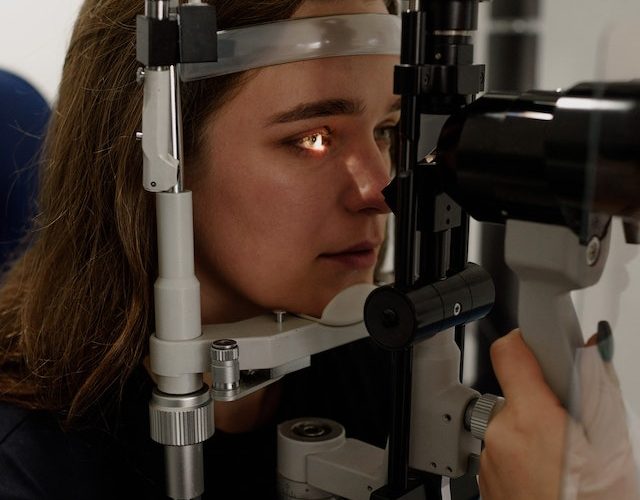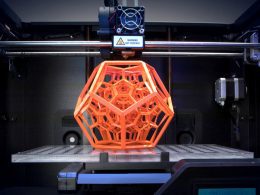Title: Revolutionizing Healthcare: The Top 10 Most Innovative Medical Equipment
Introduction: In recent years, the healthcare industry has witnessed remarkable advancements in medical equipment that are revolutionizing patient care and treatment outcomes. These cutting-edge innovations are pushing the boundaries of what was once thought possible and transforming healthcare practices worldwide. In this article, we will explore the top 10 most innovative medical equipment that are shaping the future of healthcare.
- Robotic Surgical Systems: Robotic surgical systems, such as the da Vinci Surgical System, have transformed the field of surgery. These advanced systems provide enhanced precision, dexterity, and visualization, allowing surgeons to perform minimally invasive procedures with greater accuracy. Robotic surgical systems minimize tissue damage, reduce post-operative pain, and accelerate patient recovery.
- Artificial Intelligence (AI) in Diagnostics: AI-powered diagnostic systems are revolutionizing medical imaging and diagnostics. Machine learning algorithms can analyze vast amounts of medical data, aiding in the detection and diagnosis of diseases such as cancer, cardiovascular conditions, and neurological disorders. AI algorithms can improve diagnostic accuracy, speed up interpretation, and assist in early detection, leading to more effective treatment strategies.
- 3D Bioprinting: 3D bioprinting enables the creation of complex, three-dimensional tissues and organs using a patient’s own cells. This breakthrough technology has the potential to revolutionize organ transplantation, tissue engineering, and drug testing. It offers a solution to the shortage of organ donors and reduces the risk of organ rejection.
- Wearable Health Devices: Wearable health devices, such as smartwatches and fitness trackers, have gained popularity for monitoring vital signs, physical activity, sleep patterns, and more. These devices enable individuals to track their health in real-time, promoting proactive management of chronic conditions, preventive care, and overall wellness.
- Telemedicine Technology: Telemedicine has transformed the way healthcare is delivered, particularly in remote areas or during emergencies. With telemedicine technology, patients can access medical consultations, receive diagnoses, and even undergo treatment remotely. This advancement improves healthcare access, reduces travel time and costs, and enhances patient outcomes.
- Nanomedicine: Nanomedicine involves the use of nanotechnology in medical applications. Nanoparticles can be engineered to deliver drugs precisely to target sites, improving drug efficacy and reducing side effects. Nanomedicine also holds promise in diagnostics, imaging, and regenerative medicine.
- Implantable Medical Devices: Implantable medical devices, such as pacemakers and cochlear implants, have transformed the lives of patients with chronic conditions. These devices are designed to improve functionality, restore lost senses, and enhance overall quality of life. Advancements in materials, power sources, and connectivity have made these devices smaller, more durable, and capable of wireless data transmission.
- Virtual Reality (VR) in Rehabilitation: Virtual reality has found applications in healthcare, particularly in physical and cognitive rehabilitation. VR-based rehabilitation programs provide immersive environments that aid in restoring motor functions, improving balance, and enhancing cognitive abilities. These technologies make therapy more engaging, motivating, and effective.
- Personalized Medicine: Advancements in genetic sequencing and molecular diagnostics have paved the way for personalized medicine. This approach tailors treatment strategies to an individual’s genetic profile, optimizing efficacy and minimizing adverse reactions. Personalized medicine holds immense potential in oncology, pharmacogenomics, and rare diseases.
- Point-of-Care Testing Devices: Point-of-care testing devices enable rapid and accurate diagnostic testing at the patient’s bedside, clinic, or home. These portable devices can deliver results within minutes, allowing for immediate diagnosis and timely treatment. They are particularly valuable in resource-limited settings and during emergencies.
Conclusion: The top 10 most innovative medical equipment highlighted in this article demonstrate the incredible advancements taking place in healthcare. From robotic surgical systems to AI-powered diagnostics and 3D bioprinting, these technologies are transforming patient care, improving outcomes, and revolutionizing healthcare practices globally. With continued innovation and research, the future holds even more exciting possibilities for the advancement of medical equipment and the overall improvement of healthcare delivery.












